About
Emanuel Deutschmann is an Assistant Professor of Sociological Theory at the University of Flensburg and an Associate of the European University Institute's Migration Policy Centre. He holds an MSc in Sociology from Oxford University and a PhD (with distinction) in the same field from BIGSSS. His research interests often cut across disciplinary boundaries, covering topics such as transnational mobility and migration, regional integration and globalization, power law structures, and human behavior under uncertainty. He has been a visitor to Princeton University's Global Systemic Risk research community and the European Commission's Joint Research Centre.
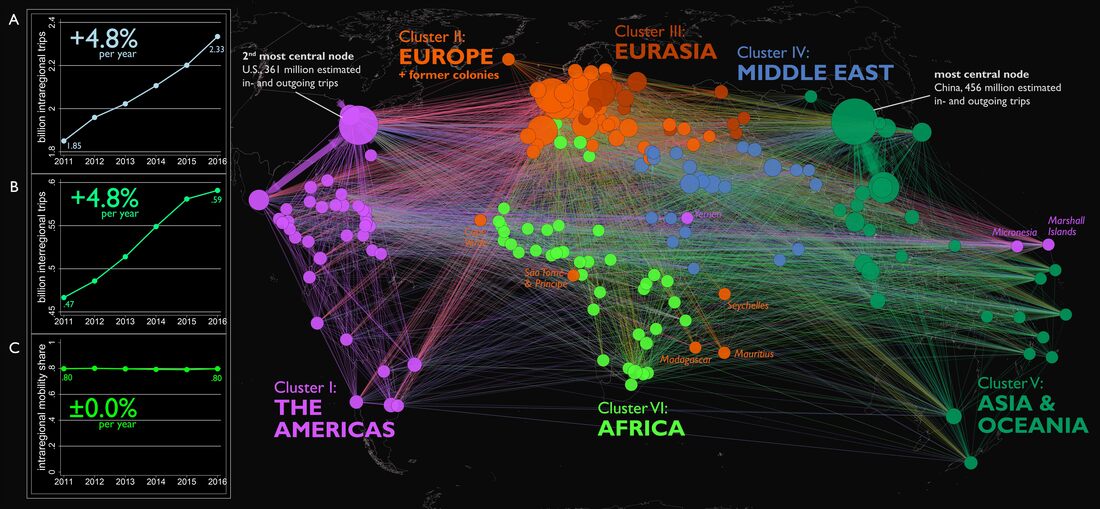
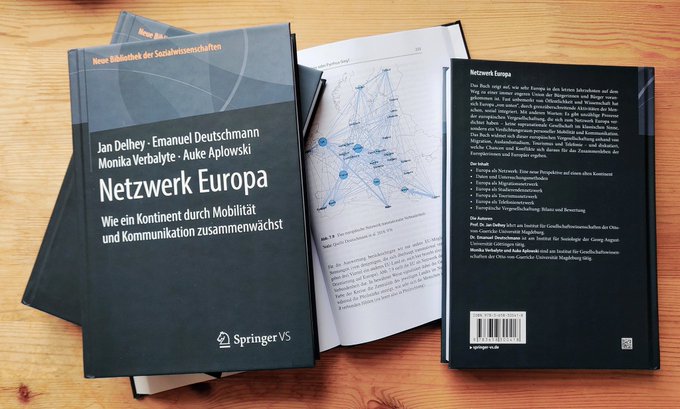
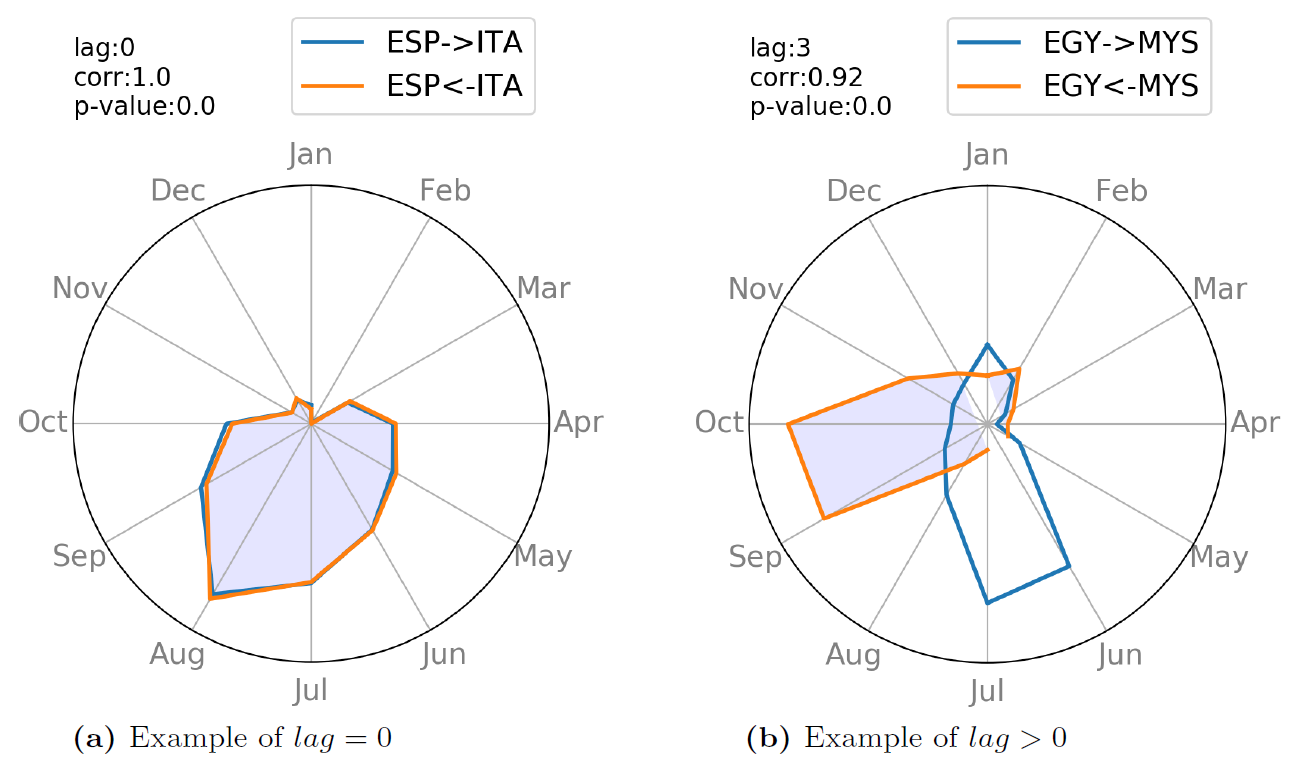
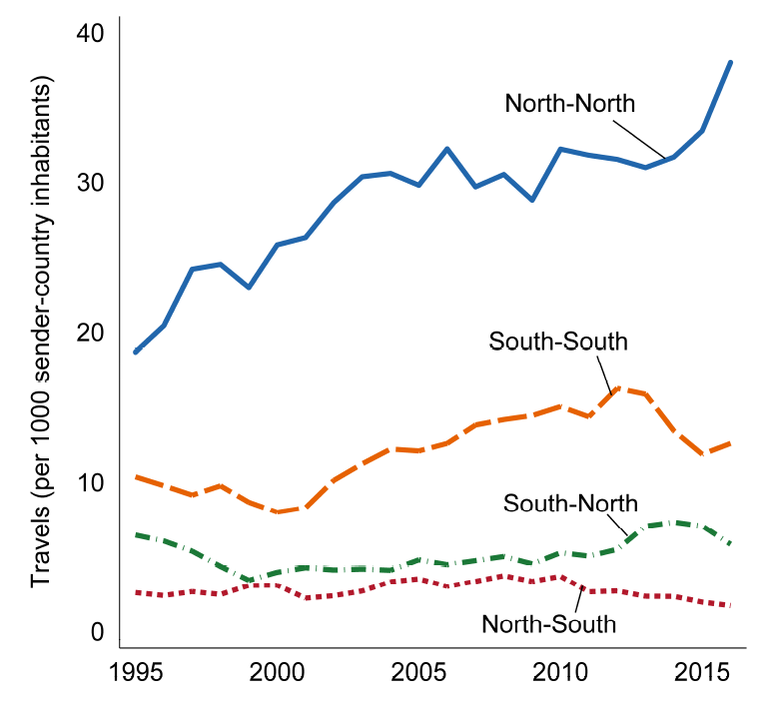
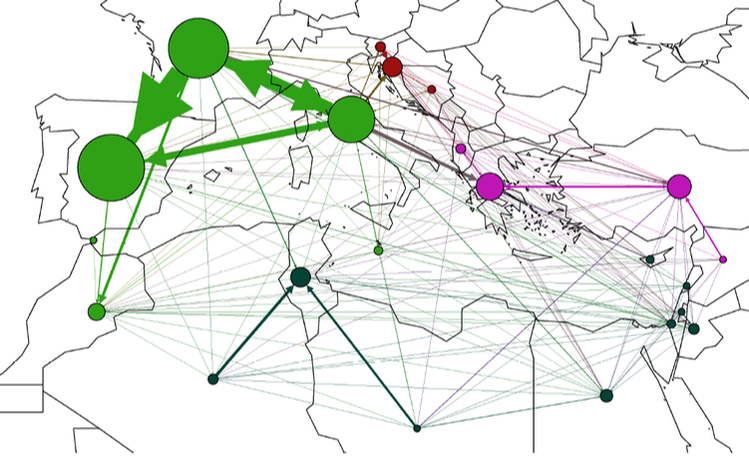
 RSS Feed
RSS Feed